Keywords: World Political Authority
-
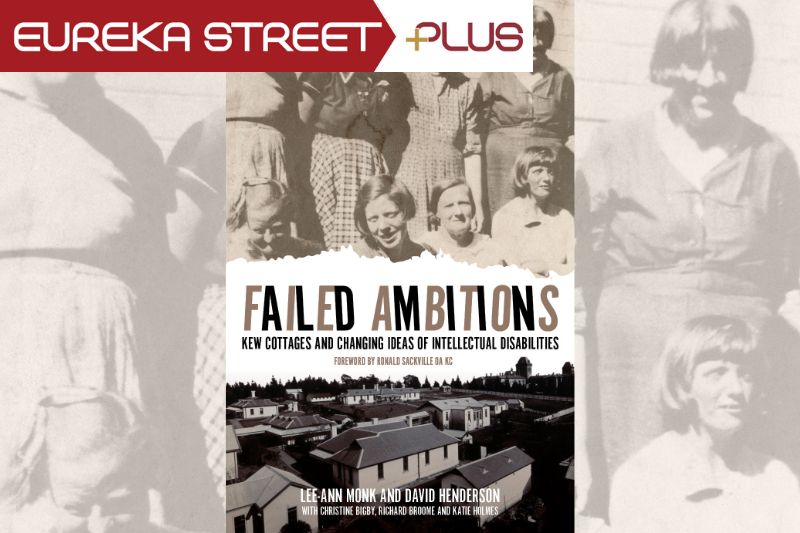
ARTS AND CULTURE
- Andrew Hamilton
- 25 August 2023
1 Comment
Failed Ambitions offers a complex exploration into the history of institutions for individuals with mental illnesses and intellectual disabilities. The book addresses the evolution of attitudes towards these communities, highlighting ongoing struggles with public stigma, systemic neglect, and the importance of giving voice to marginalised individuals.
READ MORE 
-
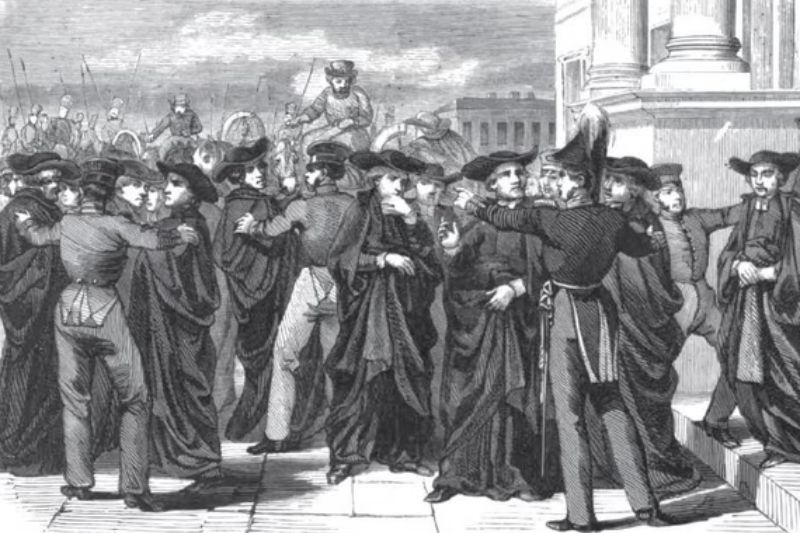
RELIGION
- Andrew Hamilton
- 17 August 2023
4 Comments
Despite taking place 250 years ago, the Jesuit Suppression remains a deeply felt experience. Today, as exiles shape headlines, this chapter in Jesuit history poses a resonant question: How does a faith community endure and evolve when its very existence is challenged by the authority it holds sacred?
READ MORE
-
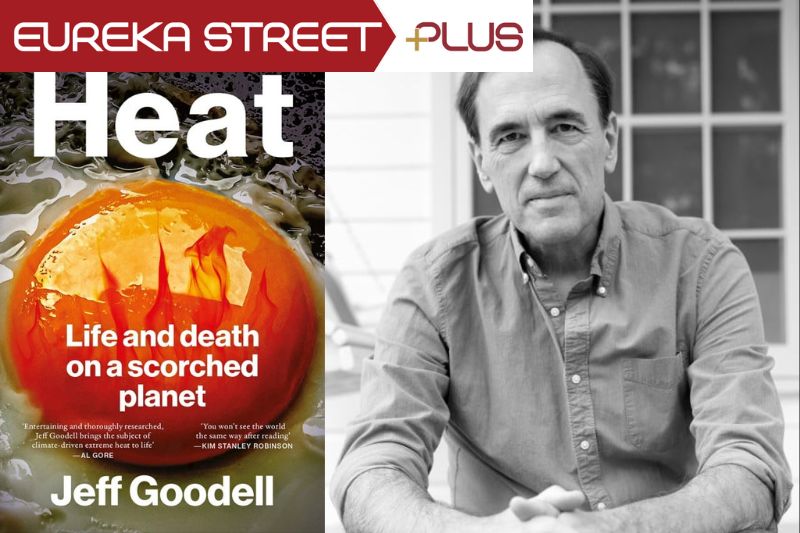
ENVIRONMENT
- David Halliday
- 11 August 2023
How will a warming planet impact us? In conversation with Eureka Street, longtime climate journalist and contributing editor for Rolling Stone Jeff Goodell discusses two decades of covering climate change, examining the effects a superheated world, and how humanity will need to adapt.
READ MORE 
-

AUSTRALIA
- Kerry Murphy
- 28 July 2023
How has Australia's asylum seeker policy changed over the past thirty years? The approach of every government has reflected the shifting political landscapes and challenging humanitarian issues that have continually shaped Australia's response to those seeking refuge.
READ MORE 
-

ARTS AND CULTURE
- Paul Mitchell
- 23 June 2023
1 Comment
Renowned author and academic Tony Birch is known for his insightful and compelling narrative explorations into societal issues like marginalisation, Aboriginal identity and racial struggles. In conversation with Paul Mitchell, Birch discusses his work, the unique intersection of academia and creative writing, and the profound impact of historical dispossession.
READ MORE 
-

ARTS AND CULTURE
- Peter Craven
- 14 June 2023
Ian McEwan's Lessons marked a sharp twist in a five-decade literary career, and presents an opportunity to reflect on his expansive body of work. The one-time literary rogue and Booker laureate now stands as the unquestioned doyen of modern English fiction, his audacious work perpetually navigating undercurrents of unease.
READ MORE 
-
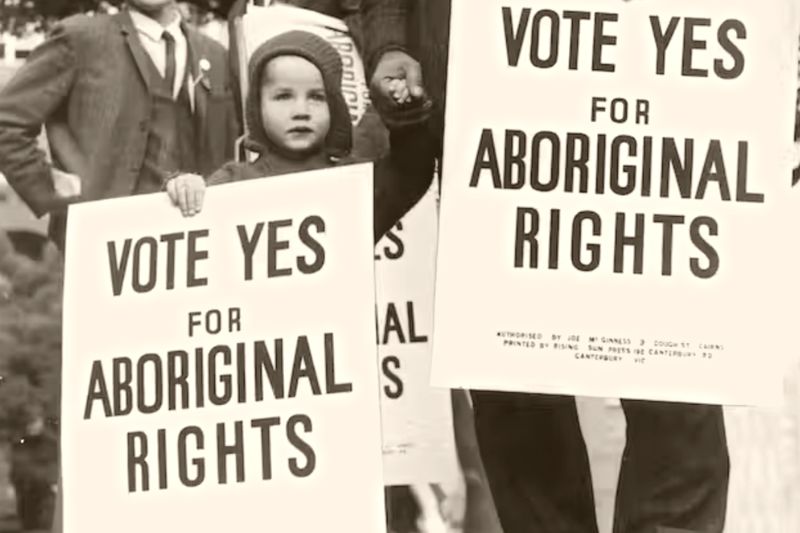
AUSTRALIA
- Frank Brennan
- 05 June 2023
19 Comments
The wording of the proposed change to the Australian Constitution to enshrine a First Nations Voice might not be perfect. But whatever the imperfections and the risk of future complications, it is high time that Australia’s First Peoples were recognised in the Constitution in a manner sought and approved by a broad cross-section of Indigenous leaders.
READ MORE
-

AUSTRALIA
- Michael McVeigh
- 21 March 2023
As trust in public institutions continues to erode, the concept of humility takes on a newfound significance. Carlton Football Club's incorporation of humility and integrity into its foundational values is emblematic of this cultural shift.
READ MORE 
-
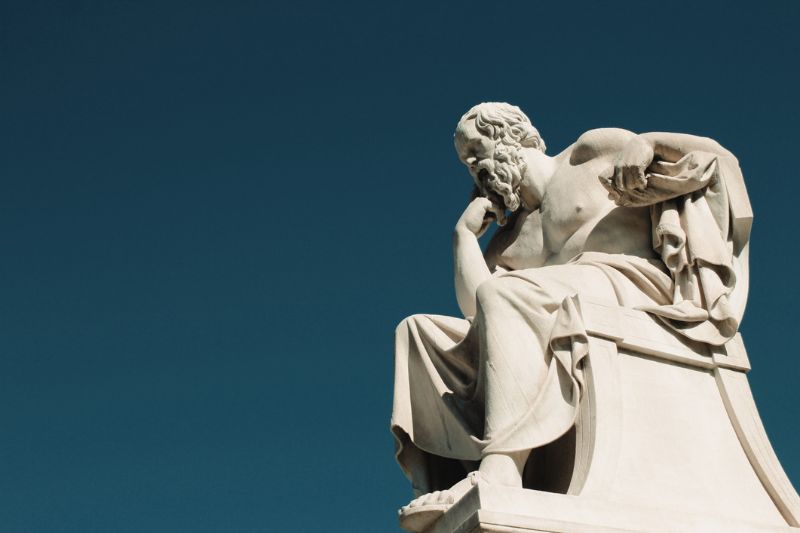
ARTS AND CULTURE
- Andrew Hamilton
- 09 March 2023
6 Comments
Who will champion humane values, enshrine them in the development and workings of artificial intelligence? This is the question posed by Plato and Socrates to our generation, and one that demands our urgent attention as the line between the artificial and the human becomes increasingly blurred.
READ MORE
-
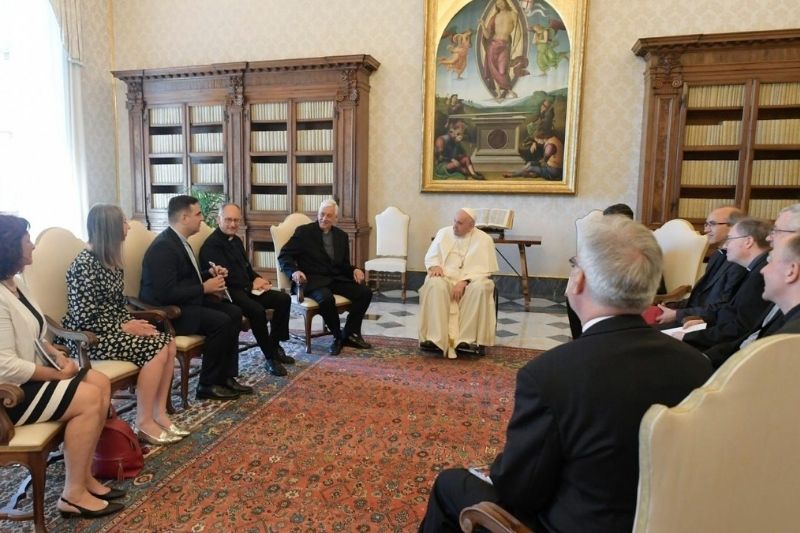
MEDIA
- Andrew Hamilton
- 12 January 2023
In a recent meeting Pope Francis met the editors of European Jesuit cultural magazines. As usual in such meetings he did not give an address but invited the participants to ask questions. The questions ranged across a wide area, reflecting the different readership and religious culture of the magazines. Underlying the Pope’s responses lay a challenging and coherent approach to the Jesuit mission and to communication that invites self-reflection also among Jesuit magazines and their readers outside Europe.
READ MORE
-
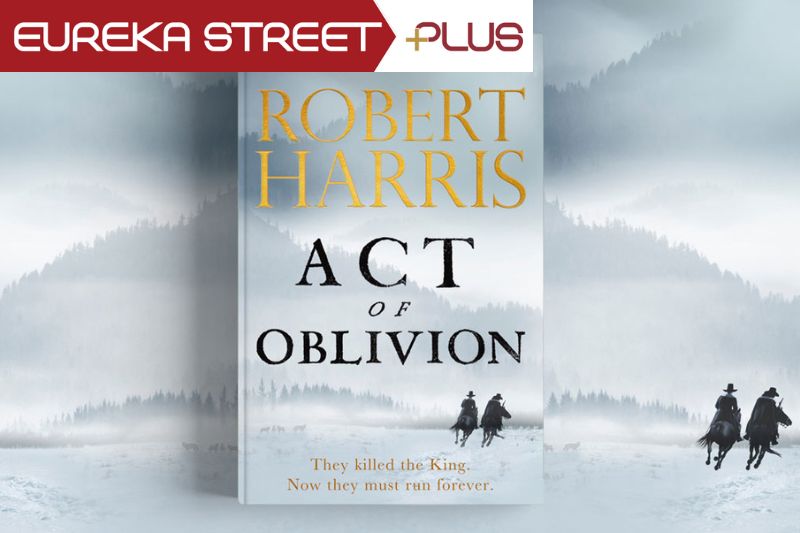
ARTS AND CULTURE
- Gillian Bouras
- 25 November 2022
In August 1660, the English Parliament passed the Indemnity and Oblivion Act, targeting those involved in the trial and execution of Charles I. The death warrant for Charles I had been signed by 59 judges, and 31 of them were still alive in 1660. Those caught suffered a terrible death of being hanged, drawn and quartered. Pursuit of the guilty was unremitting. Act of Oblivion follows the careers of three regicides and Civil War veterans who fled to the British colonies in America.
READ MORE 
-
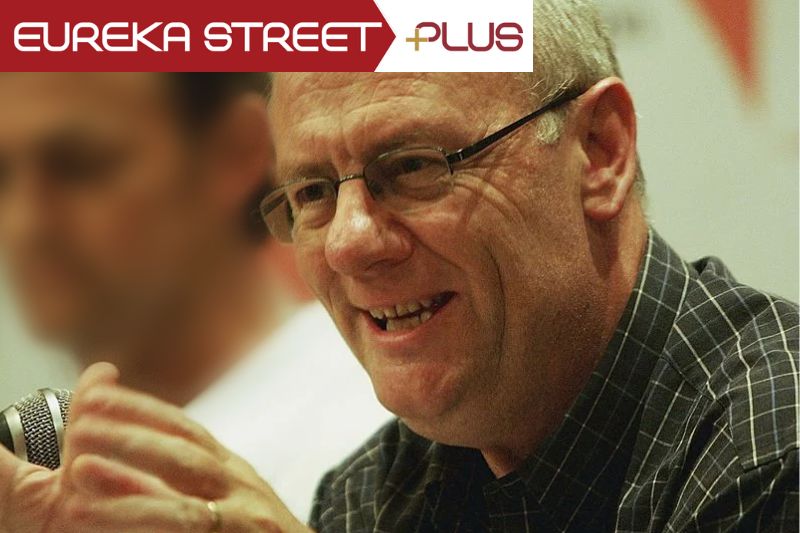
AUSTRALIA
- Barry Gittins, Tim Costello
- 07 October 2022
1 Comment
Reverend Tim Costello's informal status as a nagging conscience to many Australian governments, including the Howard government in which his brother Peter served as federal treasurer, was formally acknowledged when the National Trust of Australia chose him as a ‘National Living Treasure’. Barry Gittins speaks to Tim Costello about the nature of power, and its place and exercise in public life.
READ MORE 